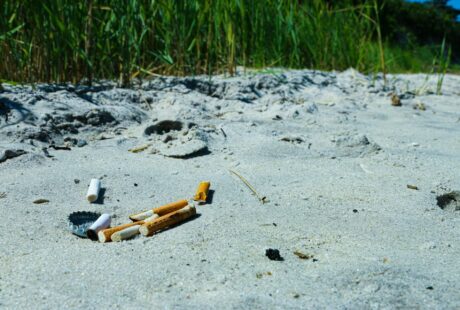The next EU legislative period will start in July 2019, from which time the European Parliament will no longer use single-use plastic bottles at its facilities and meetings. On 11 June, the Bureau of the Parliament agreed to include new conditions in its upcoming canteen and catering contract, disallowing the delivery of plastic bottles to Parliament facilities. Instead, the number of drinking water fountains will be extended to facilitate the use of reusable bottles at Parliament facilities.
In 2017 alone, the European Parliament used about one million single-use plastic bottles (at a cost of approximately EUR 1.8 million), a practice that is entirely at odds with the principles of a circular economy. Now, however, despite the disappointing response from President Tajani to the Rethink Plastic alliance’s challenge to end the use of single use plastic bottles, the European Parliament will finally lead by example on the circular economy and reduced waste generation.
Throughout the past year, Seas At Risk, together with its NGO partners in the Rethink Plastic alliance, has campaigned for a ban on single-use plastic bottles and other single-use plastic items in the EU institutions. This past spring, the coalition urged the European Parliament to ‘walk the talk’ when it comes to the circular economy, and reduce waste generation in line with the European waste hierarchy. It is heartening to see the success of this work, with the European Commission earlier stating its intention to phase out single-use plastics. No such statement is yet forthcoming from the Council, where the EU Member States are represented.
Although it is regrettable that plastic bottles will continue to be present in the Parliament for the duration of the existing canteen and catering contract (until July 2019), some minor measures have already been introduced to reduce plastic bottle usage. In May, for instance, the Quaestors of the Parliament agreed to ban on the use of plastic bottles at meetings shorter than 90 minutes.

Posted on: 26 June 2018



